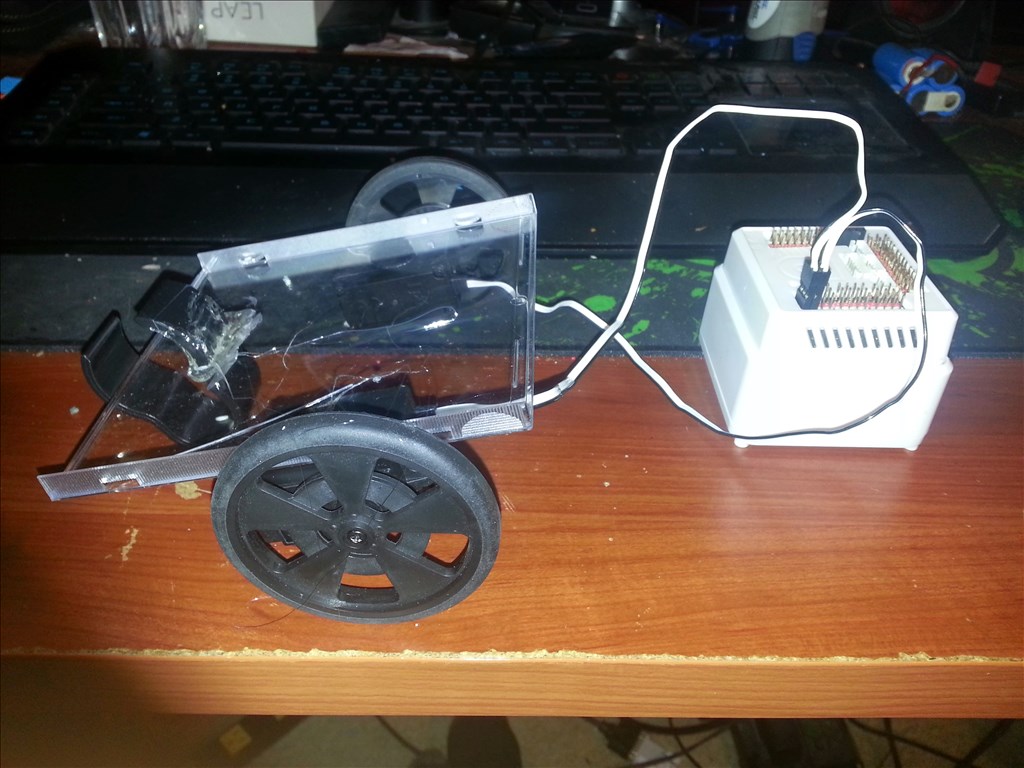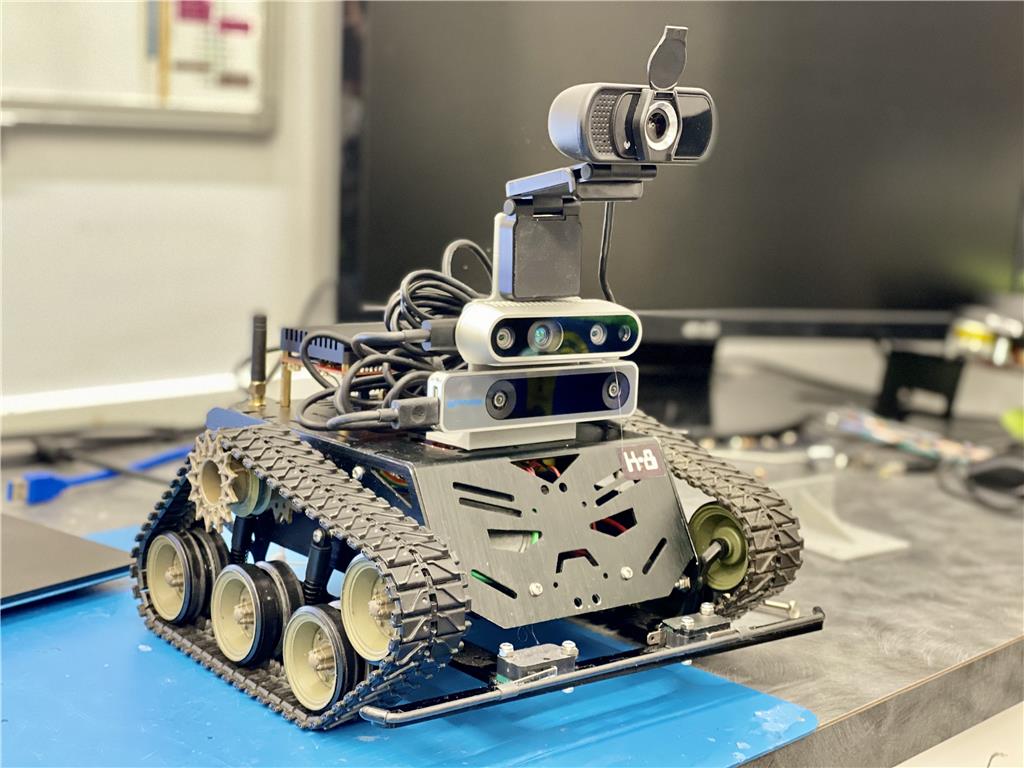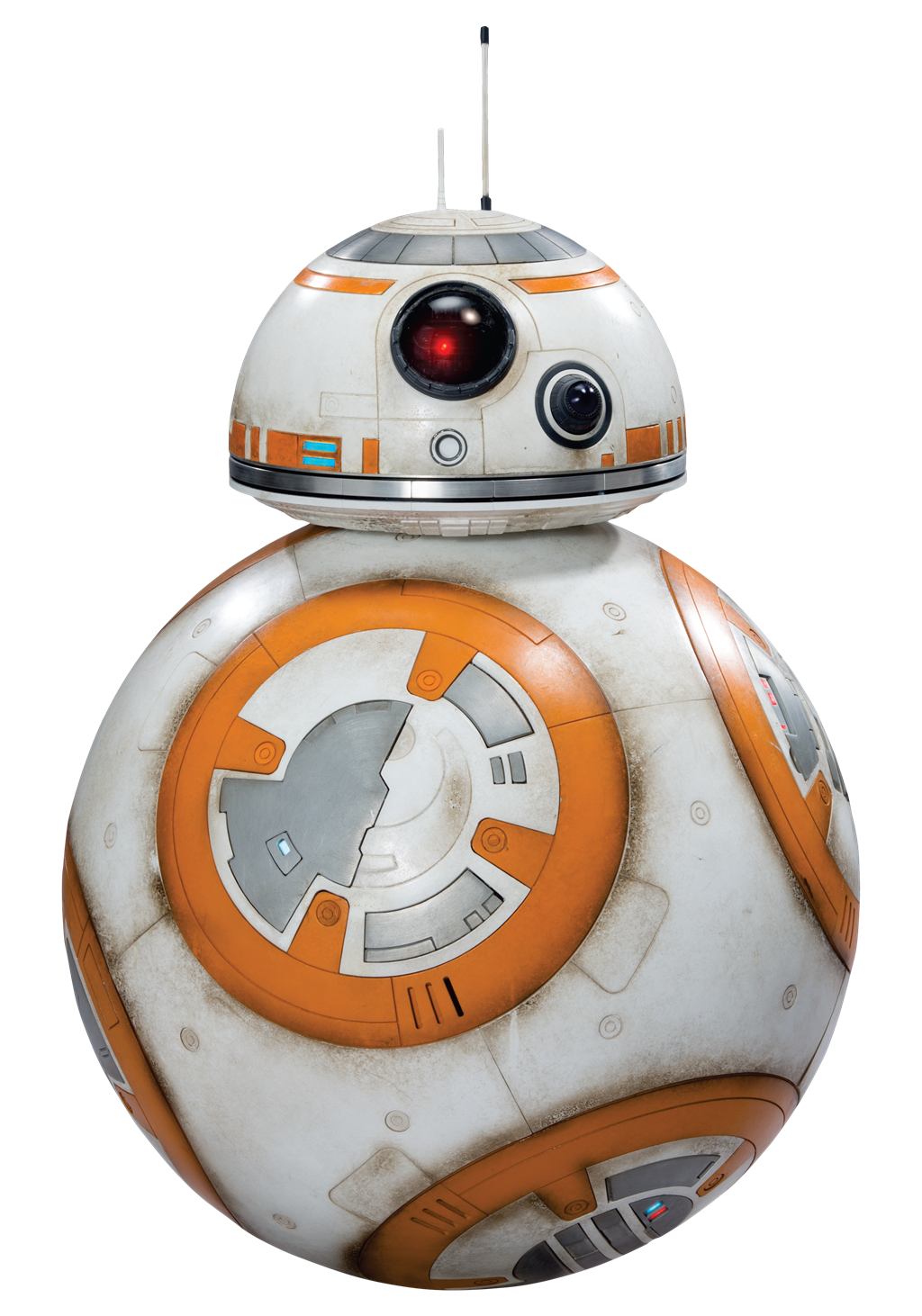A Robot that could help change our world.
After my mother had a recent stay in hospital it got me thinking about this very question "How could robots change the world". My idea, a bedside/mobile robotic unit with some important functions to care for a patents needs during their stay in hospital. A "Medibot" if you will.
Communication between family and patent. I managed to get to visit my mother almost every day, although some of them days it was not convenient to visit due to tests being done, or my work commitments. My sisters couldn't get to visit as much as they wanted to due to their own commitments. So, one of the functions would be to have an incorporated telepresence system so the patent and their family can be in easy reach of each other via audio/video communication. A convenient way to see and hear each other and good way to remind someone to bring the grapes with them. A patient making a call would be done by voice recognition or touch screen interface depending on the patients current abilities. Also a nice was to communicate if the patient is in an isolation room.
Assistance. Medical staff are wonderful, but they are very busy people, doing multiple tasks looking after many patients at any one time. When pressing the bedside assistance button, a patient doesn't always get an immediate response. A Medibot could find a nurse a tell them that a patient needs assistance, stating what the patient needs are, even displaying the patients current medical stats, and the nurse can then prioritise weather the call is urgent enough for immediate assistance. It could also remind staff if a patients medication is required at a specific time.
On-board medical equipment. I always found that the staff looking after my mother had to wheel around or wait for equipment to run medical observations. Sometimes the equipments batteries would be flat and staff would have to go off and find another monitor that worked. A Medibot would have an on-board defibrillator, blood pressure monitor and EKG monitor, and the robot would ensure that it always had sufficient power to run the equipment by self charging via a docking station when needed.
Vending machine. Now I don't mean a mobile sweet shop here. A Medibot would have a small refrigerated storage module to dispense cool, clean, fresh drinking water. I always found that the water jugs supplied always leaked, wasn't fresh after been sitting out for a while, and left over water was disposed of which I felt was a waste. The Medibot would dispense, pass the cup to a patient with a manipulator arm, and autonomously refill its water storage module when needed. It could also store chilled healthy food such as fruit or yogurts. Again, if a patient is offed a yogurt and it is not eaten in an hour or so, it would be thrown out. More unnecessary waist.
Entertainment. This to me is just as important as everything else I have mentioned. Hospital can be a lonely and boring places to stay in, especially for long periods. A Medibot would have an on-board TV and radio, built in web browser, it could play games with the patient, and it could also hold a conversation using an artificial intelligent program. This final option is probably not everybody's cup of tea as some adults may not be comfortable talking to a machine, but I believe some children would like this. Lots of kids like robots, FACT. So a child interacting with a robot would give them much needed company, entertain them, help take their mind of their medical condition, and ultimately put a smile on their face, and that can only be a good thing.
Conclusion.
A Medibot would not be intended to replace medical staff, but rather assist them so staff can get on with more important tasks and unburden them with doing less important jobs. Medical staff would be less overwhelmed doing multiple tasks leading to more care and less mistakes, and patients would get better care over all. A implementation of such a robot could be one per bed, one per bay, or what ever is required per ward. They could be called to a bed using a bedside call button by a patient and instantly attend to a patients non critical needs. Also, as I mentioned earlier, a Medibot would be ideal to work in isolation wards and could be easily sterilised afterwards. So that's my vision of how robots could change the would, at least count towards changing our world for the better.
Steve G.
Other robots from Synthiam community

Morbeious's Alpha (Dev Servo Bot)

DJ's DJ’S Test Platform (K8)

